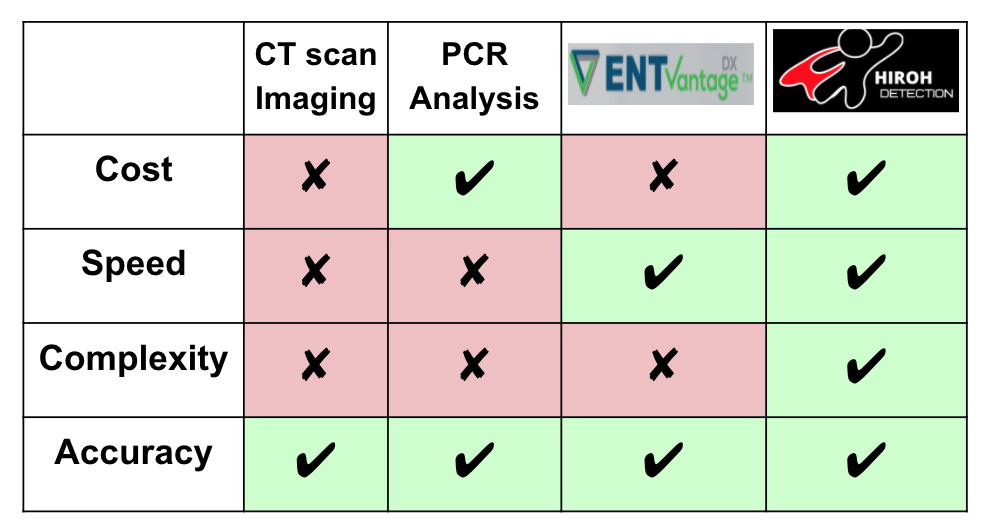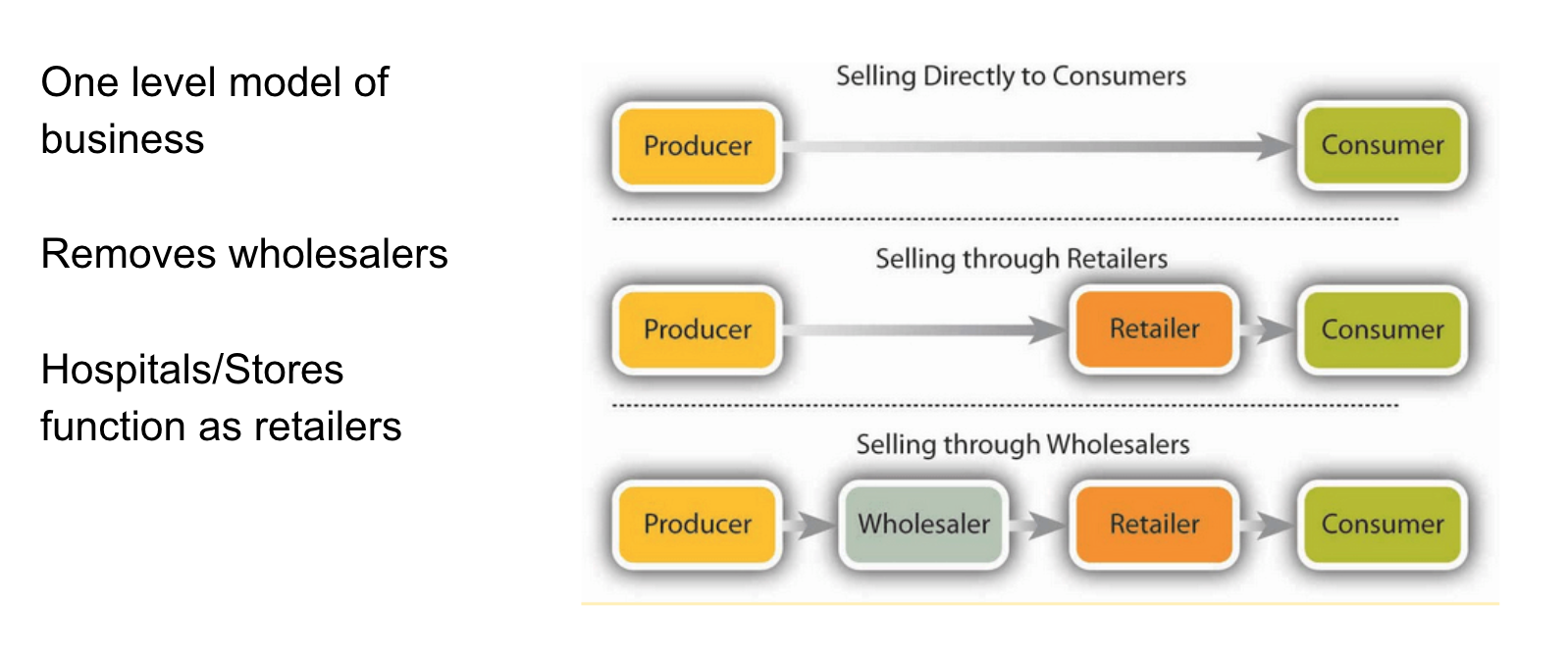Currently, the standard of care is to ask the patient how long they have been symptomatic. If the patient answers 14 days or less, they are typically sent home to see if the infection persists indicating bacterial pathogenesis. We can do better than playing a waiting game.
The goal of this project is to develop a rapid detection assay that can differentiate between bacterial and viral sinusitis. The result of the rapid detection assay should be available in less than 30 minutes to provide a diagnosis in the span of one office visit.


There is currently no commercially available diagnostic tool that allows doctors to definitively differentiate between bacterial and viral infections of the sinuses within a single doctor’s visit. This leads to an overprescription of antibiotics as they can be incorrectly prescribed for viral infections.
Studies show that up to 30% of prescribed antibiotics for acute sinusitis are unnecessary. The overprescription of antibiotics presents a resistance threat which can raise the price of treatment by up to $1,400 per patient and an average of 2.2 billion nationally.
The HIROH Sinusitis detection kit will be used at the point-of-care (POC), physician’s office, clinic or hospitals, on patients that present with symptoms of sinusitis.
A simple sputum sample will be collected from the patient. The sample will then be passed through our lateral flow assay with a built in lysing system. The assay will detect for the three pathogenic bacteria that commonly cause bacterial sinusitis.

Our main competitor is the only rapid detection kit for Sinusitis currently in development by a company called "ENTVantage. Their product requires a complex lysing step that requires the person executing the test to be trained. Our product will have a built in lysing system that eliminates this complication."

Our markey strategy is to market to doctors offices that deal with sinus infections. This will likely start with urgent care and general physicians. We will eventually market to ENT specialists as well. The medical offices will then petition to have the insurance companies cover our product.
